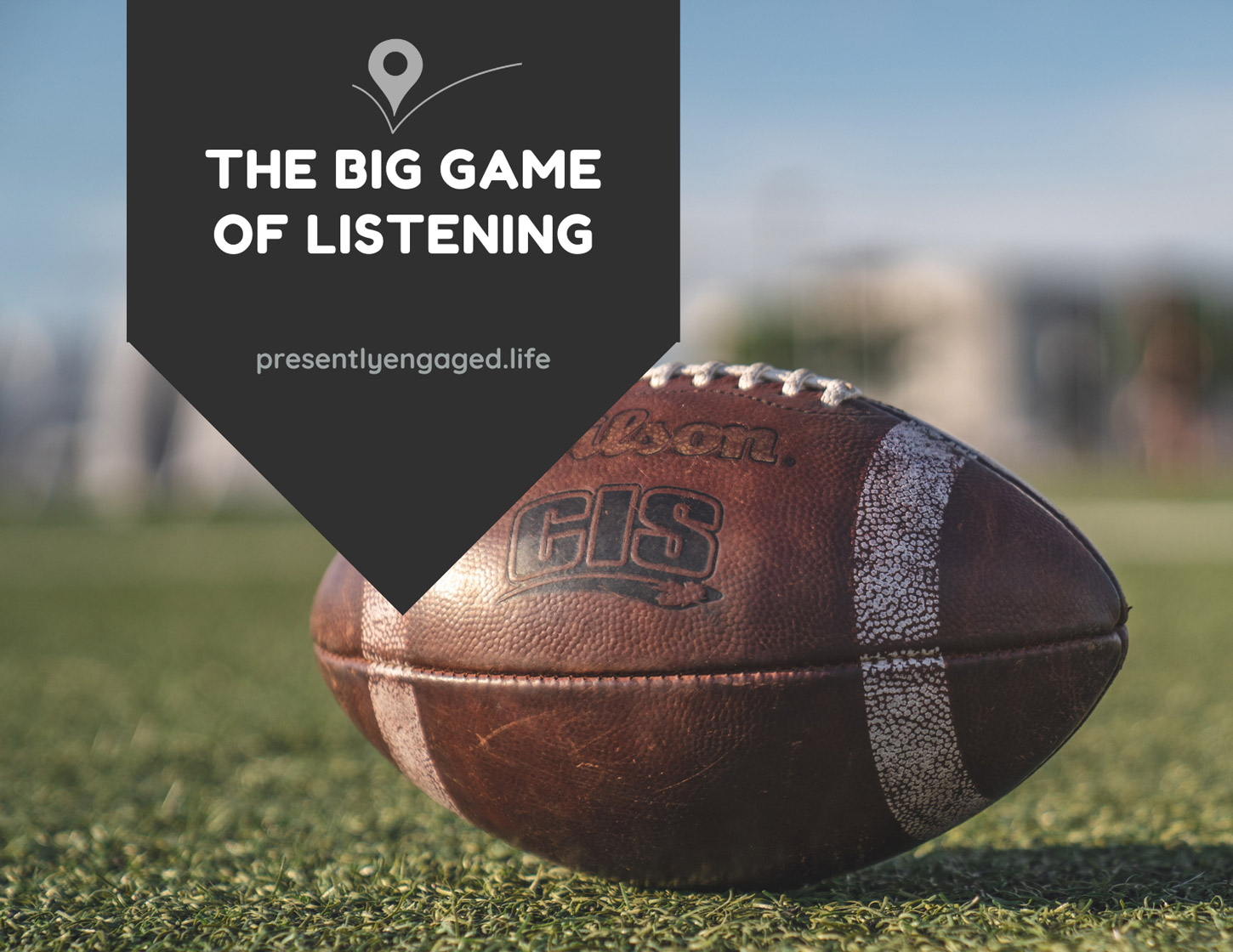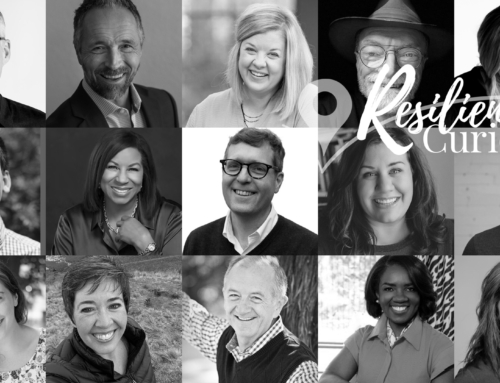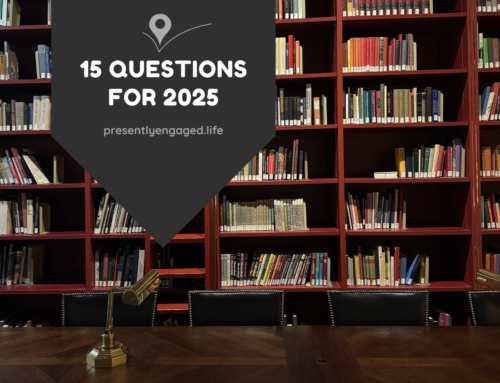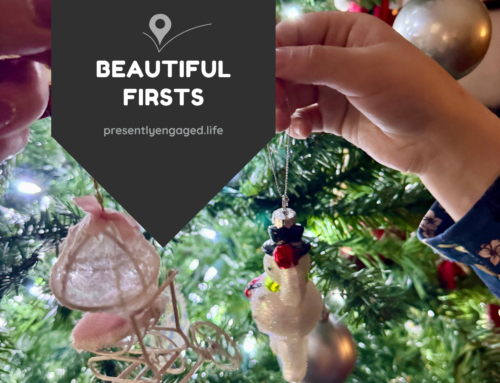At the risk of alienating most people reading this update, I am not a football fan. When I must pretend to follow sports, I am a basketball fan, and I cheer for the Dallas Mavericks. In a city full of rabid San Antonio Spurs aficionados, I wear my Mavs gear with pride.
Every other year though, my web search history indicates I’m trying to increase my tenuous understanding of how the game of football is played. First down? Tight end? Nose tackle? Please tell me I’m not the only one who has a tough time grasping all this.
You see, every February a certain big game inspires parties across the nation. Invariably, a friend invites my husband and me to a party, with the assumption that, as red-blooded Americans, we wouldn’t be anywhere else. A few days before the game, I Google which teams will play, and try to refresh my basic understanding of football rules. (This routine happens about every other year, because it takes me two years to recover from the last one.)
My right hand grasps a steaming paper cup of coffee, my favorite beverage. In a room full of people I don’t know, gathered to celebrate a game I don’t follow, a familiar feeling washes over me. Why did I come in the first place? All the cool people are eating chips and dip. Am I supposed to eat chips and dip? Five people wearing team jerseys stood up and cheered ecstatically. What just happened? Am I supposed to cheer too? I gear myself up for an evening of awkward small talk, where everyone is gathered to watch an event about which I know very little.
The entire house full of people came to watch a game. Introductions happen. Small talk results. We chat and share and laugh and cheer, but everyone keeps half a brain and at least one eye on the television.
Me? Wherever I am, I’m all there. I am a fan for a day, jumping in to cheer with both feet and temporary gusto for the underdog. Or, at least, my best guess of who the underdog might be. Plus, most of the commercials are worth a watch.
You know what it feels like to talk to someone and know he is not listening. It’s as if a big game is going on in the next room, and he is trying to catch the score.
We can talk all we want about creating a safe space for conversation. The first step, however, is actually listening. Listening is not simply letting sound waves enter your ears. It is active, allows the words to sink in, generates understanding, and inspires a response.
In a busy crowd, you easily look over someone’s shoulder, glance away, and get distracted. The same holds true in a busy home or workplace. If I’m honest with myself, I struggle with this so much. My mind wanders. My gaze wanders. Eventually, our conversation wanders too and then I wander away to the next thing.
Think back to a time you felt fully listened to, when someone paid complete attention to you and only you. His eyes locked to yours, fully interested in not only what you had to say, but why you said it. I imagine you felt loved and seen and known, three desires of the human heart. You have the power to share these gifts with those you love every day. What if you made others feel this way? How would your relationships look if your questions weren’t arrows piercing the conversation, but a give-and-take where both parties felt encouraged and understood?
Listening may be one of the most real expressions of grace you give another person. Someone expresses an interest in you when he or she says, “Tell me more about that,” and intently listens to the answer. The power of the question is transformative.
Listening is wanting to know more about another person and his or her perspective, whether that person is a spouse, a child, a friend, or someone with whom you happen to agree or disagree. You aren’t asking questions to create an excuse to hear yourself talk, not querying so you can convince someone your answer is the correct answer. But rather you listen to hear, to understand, to know another person’s heart. This is what builds a relationship. And a relationship is the thing on which all conversations—the easy, the casual, the hard, the life-changing—are built.
Once a year in February, we all get a pass on active listening. But for the rest of the time, lean in. Listen. Engage.
“Be patient toward all that is unsolved in your heart and try to love the questions themselves, like locked rooms and like books that are now written in a very foreign tongue. Do not now seek the answers, which cannot be given you because you would not be able to live them. And the point is, to live everything. Live the questions now. Perhaps you will then gradually, without noticing it, live along some distant day into the answer.”
—Rainer Maria Rilke, Letters to a Young Poet






